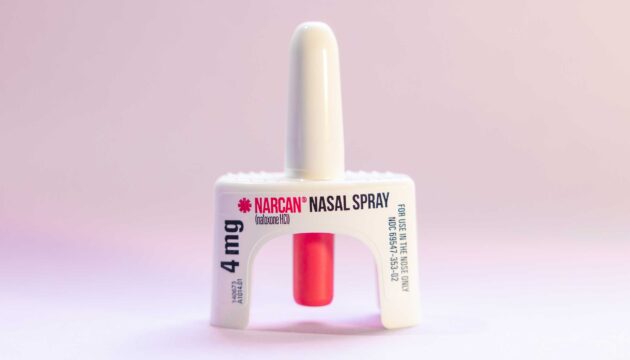Research
-
Pharmacy Availability of Buprenorphine for Opioid Use Disorder Treatment in the US
This cross-sectional study analyzed data from a telehealth OUD treatment provider group currently operating in 32 states to assess the extent of buprenorphine availability at local pharmacies.
Categorized in -
Examining Policies that Inhibit Innovation and Patient Access
Americans have benefited substantially from new medical treatments, and the United States serves as the engine of medical innovation for the world.
-
Does Adding MRI and CSF-Based Biomarkers Improve Cognitive Status Classification Based on Cognitive Performance Questionnaires?
MRI and CSF biomarkers, while important for understanding dementia pathology in clinical research, were not found to substantially improve cognitive status classification based on cognitive status performance.
Categorized in -
Investigating the Complexity of Naloxone Distribution: Which Policies Matter for Pharmacies and Potential Recipients
Despite efforts to address the opioid crisis, opioid-related overdoses remain a significant contributor to mortality.
Categorized in -
Projected Health Benefits and Health Care Savings from the United States National Hepatitis C Elimination Initiative
The national hepatitis C elimination initiative would substantially reduce HCV-related morbidity and mortality and would reduce healthcare spending at 10 years and beyond.
Categorized in -
Expanding the Use of Brief Cognitive Assessments to Detect Suspected Early-Stage Cognitive Impairment in Primary Care
Providing primary care clinicians with suitable assessment tools, integrating brief cognitive assessments into routine workflows, and crafting payment policies to encourage adoption of assessments would all help improve detection.
Categorized in -
Benefits of Medicare Coverage for Weight Loss Drugs
The cumulative social benefits from Medicare coverage for new obesity treatments over the next 10 years would reach almost $1 trillion, or roughly $100 billion per year.
Categorized in -
Role of Parents’ Perceived Risk and Responsibility in Deciding on Children’s COVID-19 Vaccination
Parents’ perceptions of the COVID-19 vaccine’s long-term comparative risk and their greater anticipated responsibility for children getting sick if vaccinated (versus not) were associated with lower vaccine uptake among children of vaccinated parents.
Categorized in -
Mitigating the Inflation Reduction Act’s Adverse Impacts on the Prescription Drug Market
This paper provides three recommendations to steer the potential effects of the IRA toward its goal of improving patient access while encouraging innovation.
Categorized in -
Identifying Healthcare Stereotype Threat in Older Gay Men Living with HIV
The majority of Healthcare stereotype threat experiences were connected to the social identities of sexual orientation, HIV status, and age.
Categorized in









